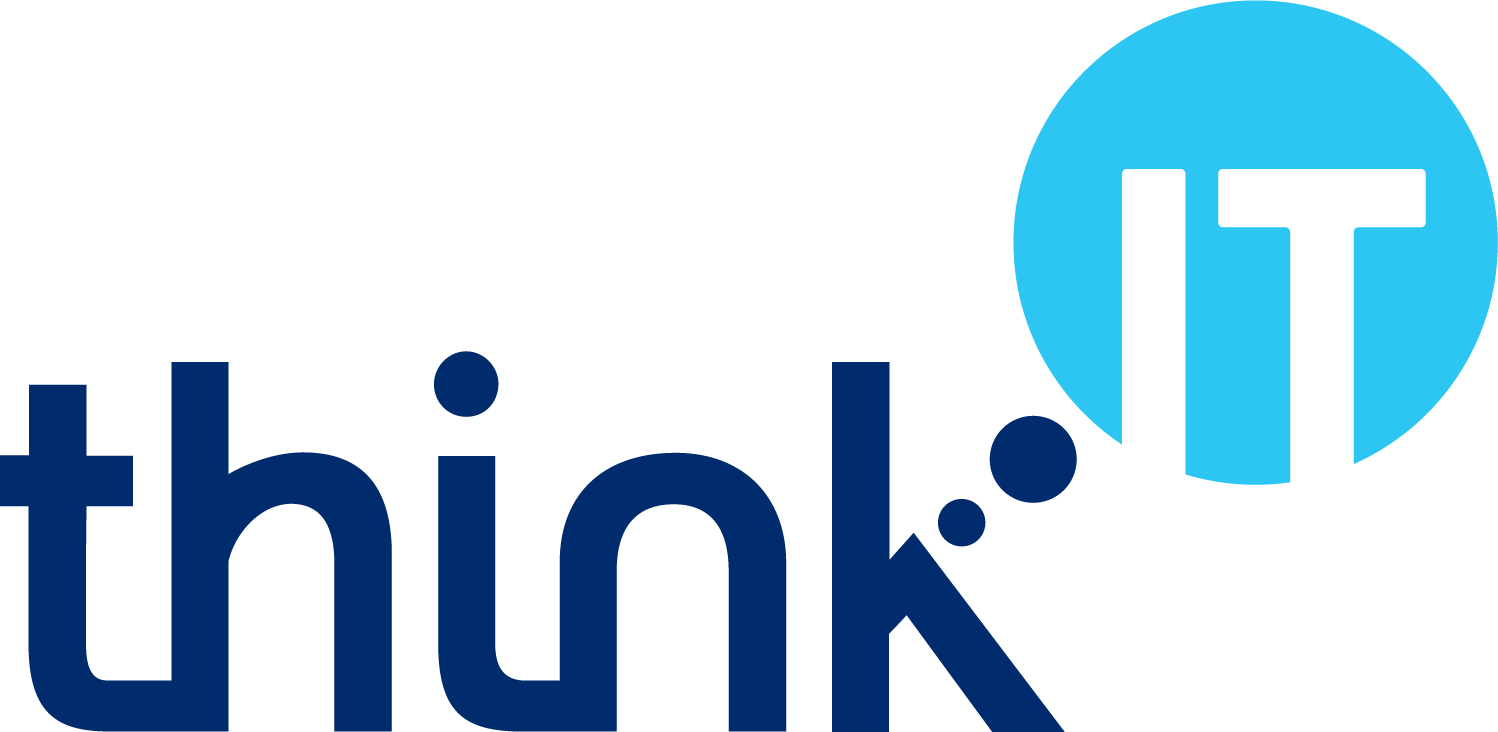9th October 2019
Whilst undertaking background research in advance of writing this article one thing became clear; in any article about inheritance tax (IHT) it is almost obligatory to include the Benjamin Franklin quote about the only two certainties in life being death and taxes. On first glance that is understandable; after all inheritance tax generally applies after death, although it can also apply when someone is alive and transfers some of their estate into a trust.
The introduction to the Office of Tax Simplification (OTS) report lists the eight main IHT exemptions, reliefs and thresholds. As might be expected these are headed by the transferrable nil rate band and spouse exemption. Gifts to charities account for 4% of reliefs, with business relief and agricultural property relief coming in a 2% and 1% respectively.
Established into IHT legislation in 1976, Business Property Relief – now called Business Relief (BR) – was designed to allow ownership of a family business to be passed on as part of an estate without being included in the value of that estate for IHT purposes. This Business ownership was extended to include holdings of shares in unquoted companies to help encourage investment in trading companies whose shares are not listed on the main stock exchanges. So in the UK shares traded on the London Stock Exchange would not qualify. However shares traded on the Alternative Investment Market (AIM) and shares which are not listed on any market would potentially qualify.
Subject to the above, as long as shares in qualifying companies are held for at least two years then they can currently be passed on free from inheritance tax. And as the shares are held by the individual, while they are alive they can benefit from any dividends or sell the shares should circumstances change.
However, it has to be noted that the price of AIM or unquoted shares can fall or rise more steeply and may be harder to sell than mainstream shares. Investments also need to be reviewed on a regular basis to ensure that changes in the structure of the company or changes in tax law have not resulted in the shares no longer qualifying as IHT free investments.
As a way to mitigate some of the risk, some new companies have been formed to specifically trade in areas such as renewable energy where Government feed-in tariffs lead to a steady yield on the investment and an overall lower risk profile. These are often created by Investment Firms, who gain approval from HMRC that the businesses qualify for BR in order for them to help mitigate the IHT using the 2 year rule. They are then marketed as specific investments for IHT planning based on the advice given by Independent Financial Advisers.
Such investments can be used in conjunction with AIM portfolios or on their own depending on an individual’s attitude to risk.
As Thompson Jenner Financial Services Independent Financial Adviser Philip Dalley commented “Business Relief can be an effective IHT planning option. Nevertheless, it is important that individuals take full financial advice in order that they understand the risks of this type of investment as well as exploring any other avenues available to them.”

If you would like to find out more about Inheritance Tax Planning, or meet to discuss any of the the financial services which we are able to provide, please contact Philip Dalley at either our Exeter or Exmouth office on 01392 258553 or 01395 279521 to arrange a free initial meeting.









